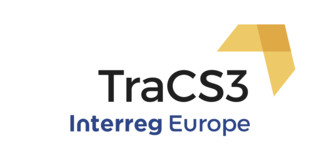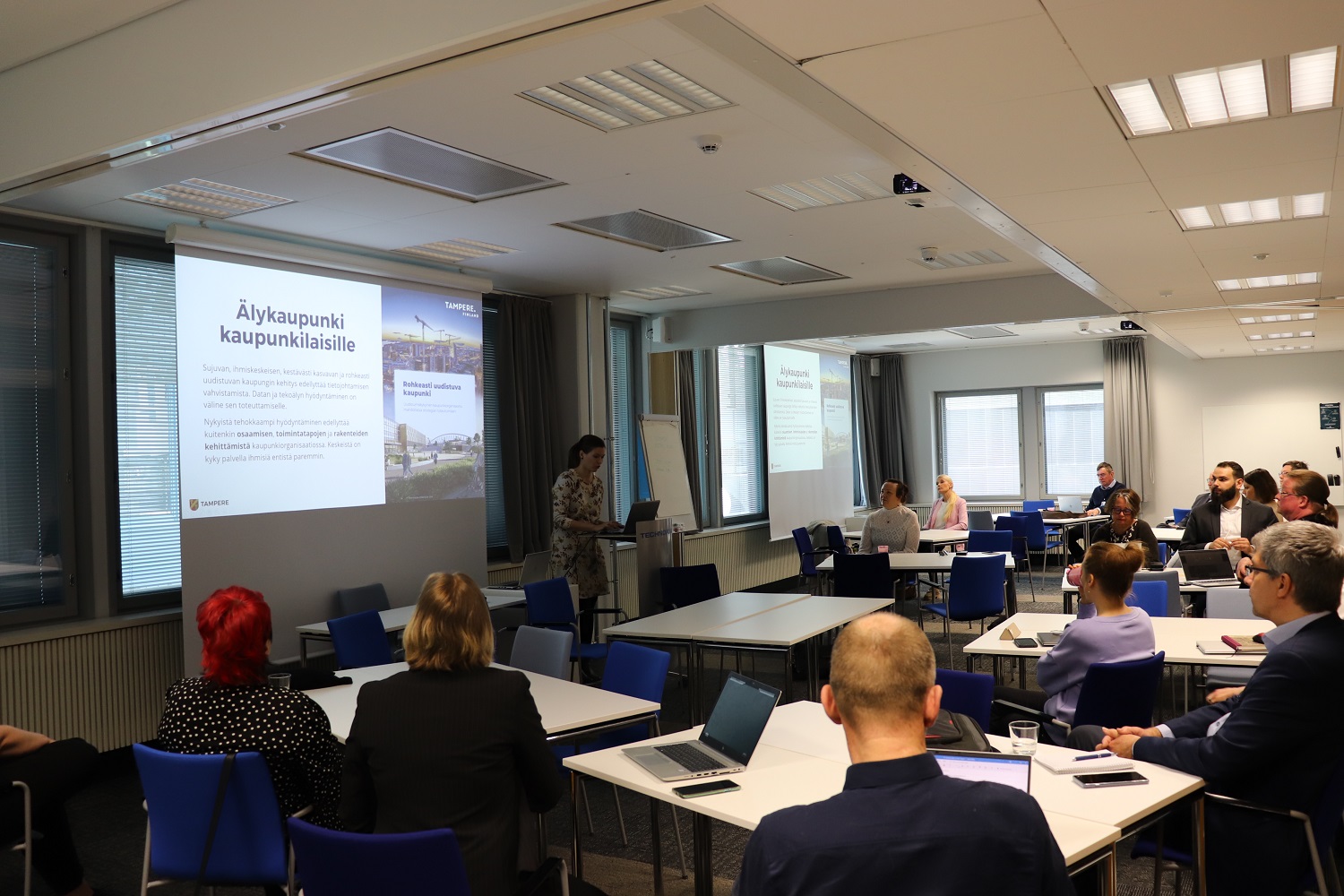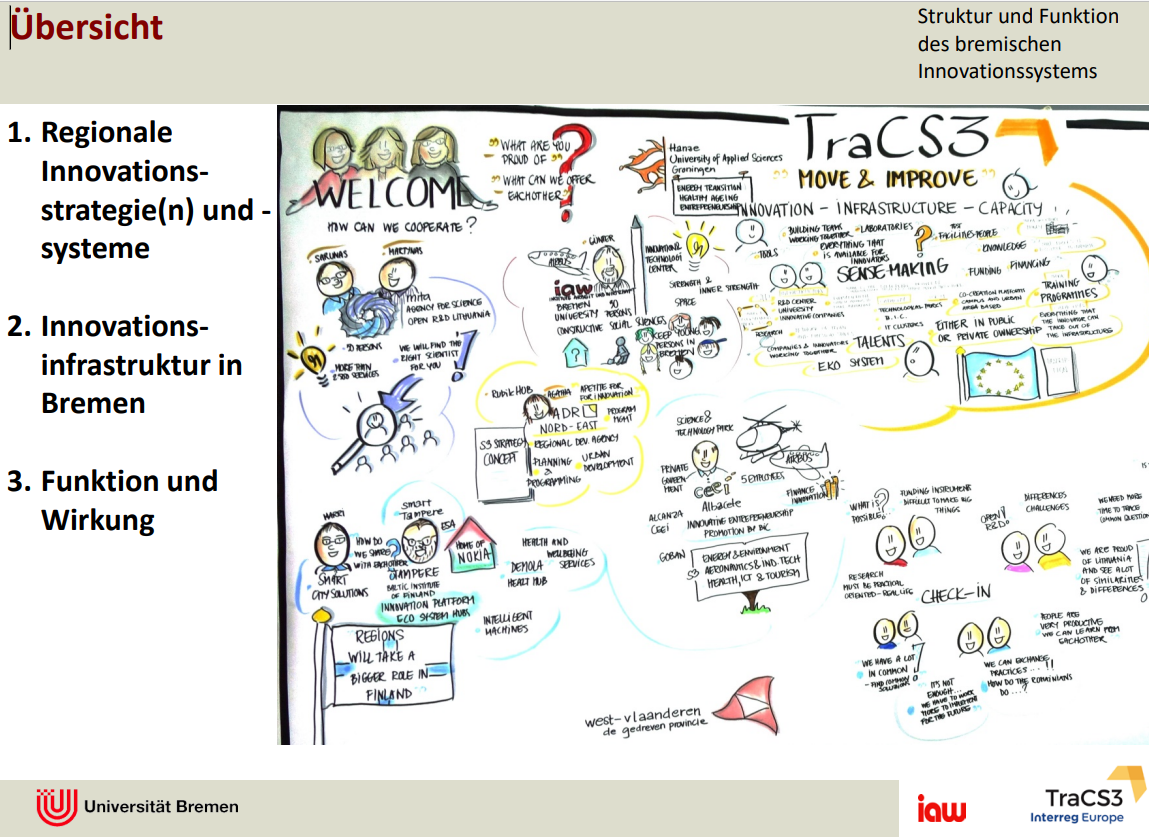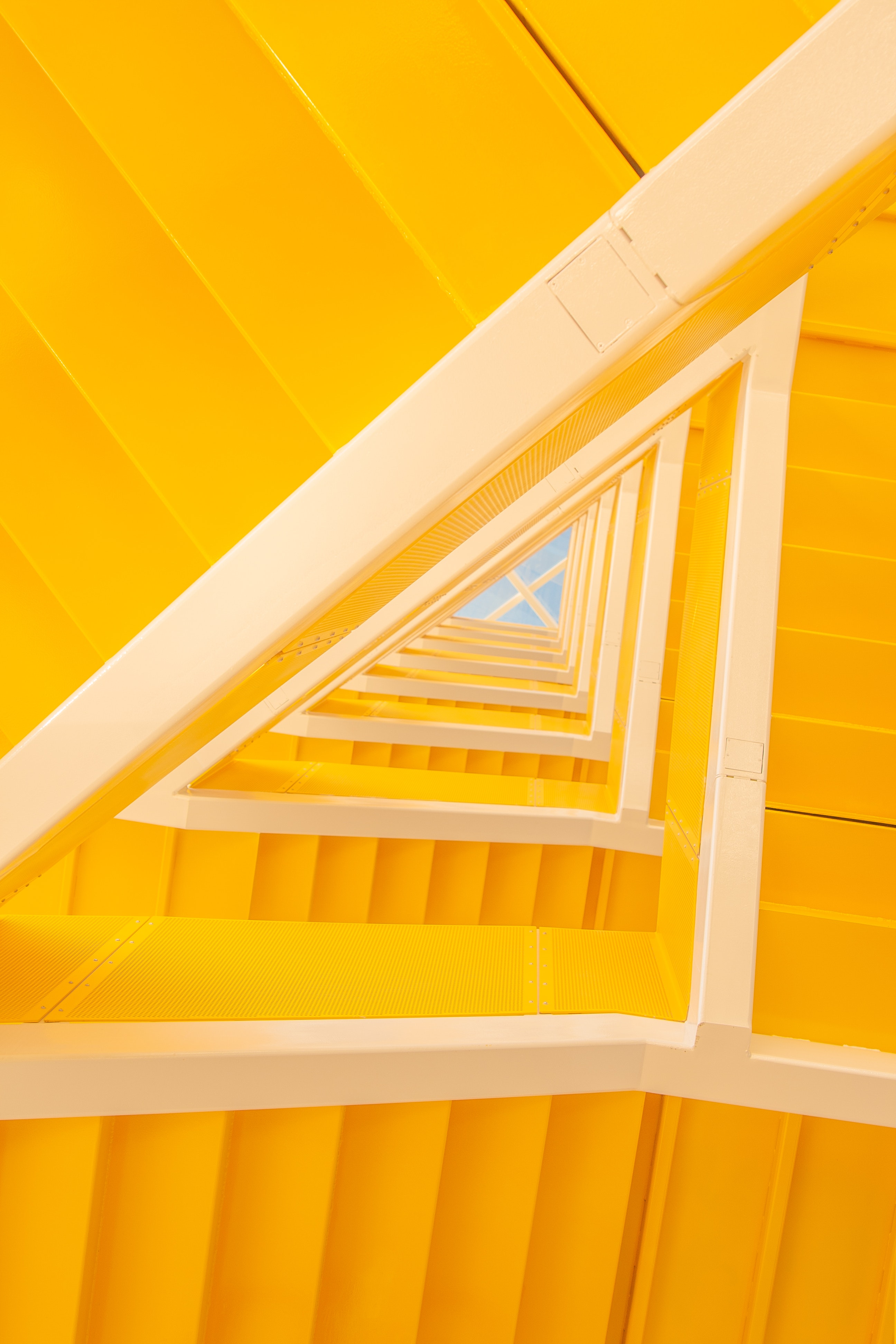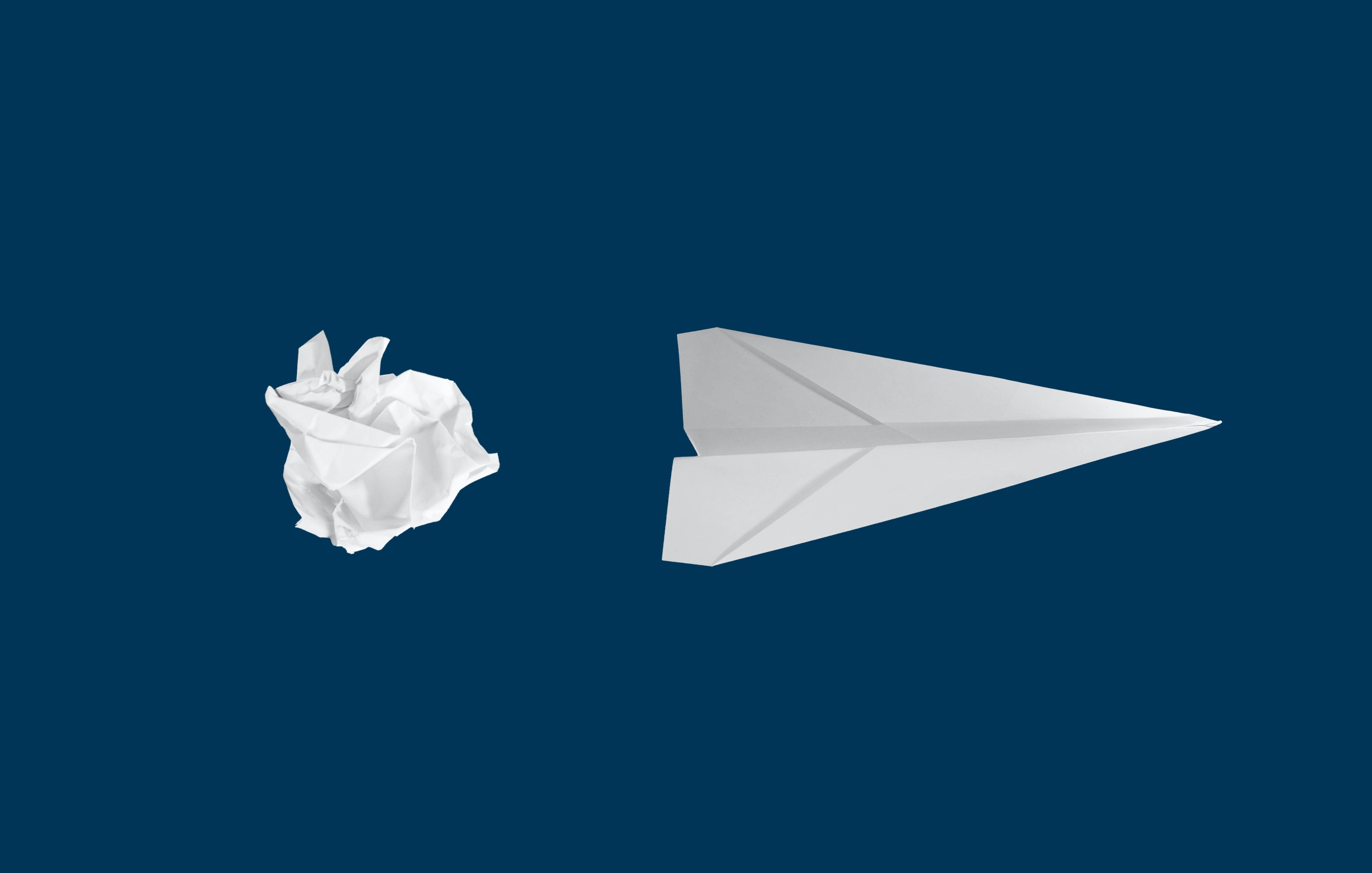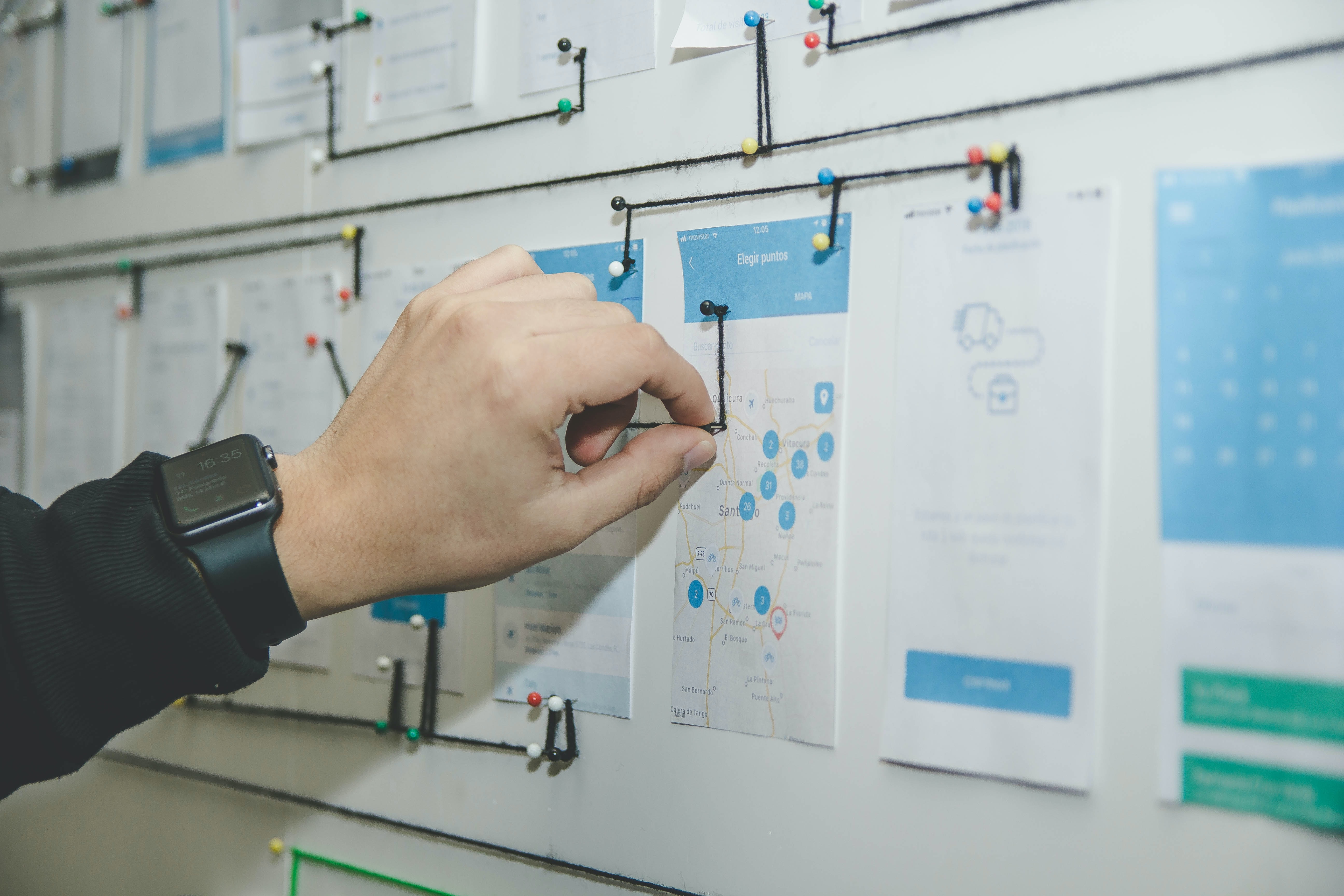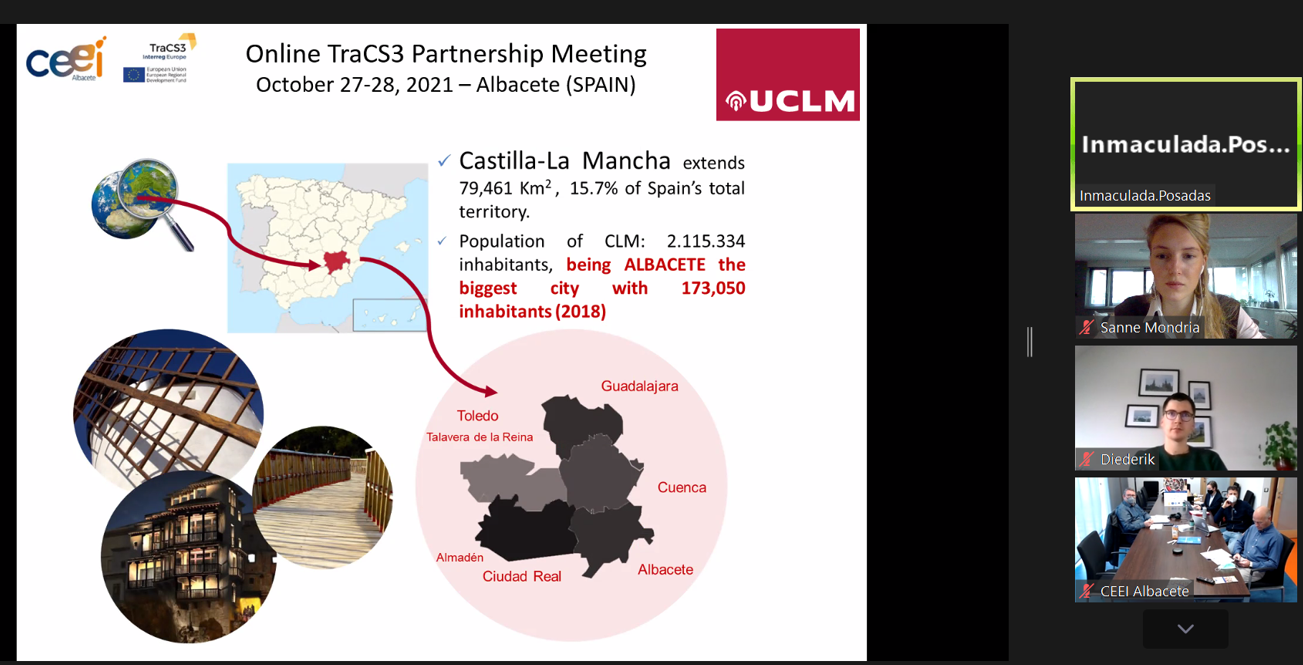The Manufacturing Innovation Valley will open doors in Vilnius to provide a platform for small manufacturers, start-ups, technology developers, and researchers to carry out manufacturing activities, create digital innovations and prototypes, and test their innovative ideas. It will offer the right facilities, manufacturing equipment, and expert advice in around 20 different technological areas. Lithuanian and foreign businesses and individuals are welcome to join the Valley. Approximately EUR 10 million will be invested in the Valley.
According to Gintaras Vilda, the director of the Manufacturing Innovation Valley, this is a unique project both in Lithuania and in the Baltic States. “Small manufacturing enterprises, manufacturing technology start-ups and individual innovators still have no single dedicated space for their activities and growth. This has led us to create the Valley and offer our infrastructure as well as product development and commercialisation skills we have mastered with our partners to facilitate much faster trial, improvement and testing of new digital solutions. In the context of Industry 4.0 and Industry 5.0, the European Union encourages countries to invest more in digital innovations, and our activities will make a tangible contribution to turning Lithuania into a high-tech country,” G. Vilda said.
A 5,000 m2 building will be constructed in the Manufacturing Innovation Valley early next year. Its infrastructure will be available both to those who need one workstation and to manufacturing enterprises with up to 15 employees and a need for an area of 200 to 600 m². It will house electrical engineering and automation, additive manufacturing, environmental control, machining, robotics and integrated automation system, quality control and other manufacturing laboratories. The building will be provided with the necessary manufacturing equipment, such as CNC machining, laser cutting, casting machines, industrial robots, automation and metrology equipment, including X-ray and ultrasonic measuring devices, welding equipment, 3D printing equipment, various prototype test benches, loaders, etc. A total of over EUR 3 million will be invested in the equipment, which will be available to all who will work in the Valley. There will also be a clean room in the building for use in electronics or medical industry.
Separate manufacturing services will also be available to larger Lithuanian and foreign companies wishing to test their new technologies or prototypes, which is difficult to do in batch production companies that are not in a right position to take unit orders. The Valley will operate on the principle of “come and manufacture”.
The Manufacturing Innovation Valley will provide automation, robotics, 3D prototyping, design and testing, digitisation consulting, and a variety of other digitisation-related services. In addition to relevant sector-specific consulting, businesses will be offered business management services, such as financing, logistics, marketing, law, accounting, etc. They will have access to a total of some 40 different specialised services, not to mention infrastructure support and business support services. The Valley will liaise with foreign partners, thus paving the way for the international development of its members. “Our goal is to provide a platform for businesses and individuals to focus on their principal activities, and we will be there to help them deal with everyday issues while looking for growth and development opportunities. With a wide array of contacts in the manufacturing sector, we will also help foreign companies bring together the right team. We aim to create a leading-edge Baltic centre of applied industrial research, experimental development and innovation activities in the field of manufacturing and will therefore take full care of our ecosystem members,” says G. Vilda, the director of the Manufacturing Innovation Valley.
“Our goal is to help small manufacturing enterprises and start-ups grow, so we will offer incubation and acceleration services, leaving open the possibility of setting up a specialised investment fund in the future. We will work to make it possible for the businesses grown here to continue their operations in larger buildings to be built in the Valley. We see this project as a start,” G. Vilda said, speaking of the outlook for the Valley.
With the Valley building coming up in early 2022, businesses and individuals can already apply for advice on CAD design, manufacturing technology selection, prototyping, industrial design, robotic system installation, machine vision, and light control system installation issues. It is estimated that over 200 enterprises will have benefited from the Valley infrastructure by mid-2023, with around half of them expected to have implemented or developed innovations.
For more information please visit https://www.manuvalley.tech/en/
